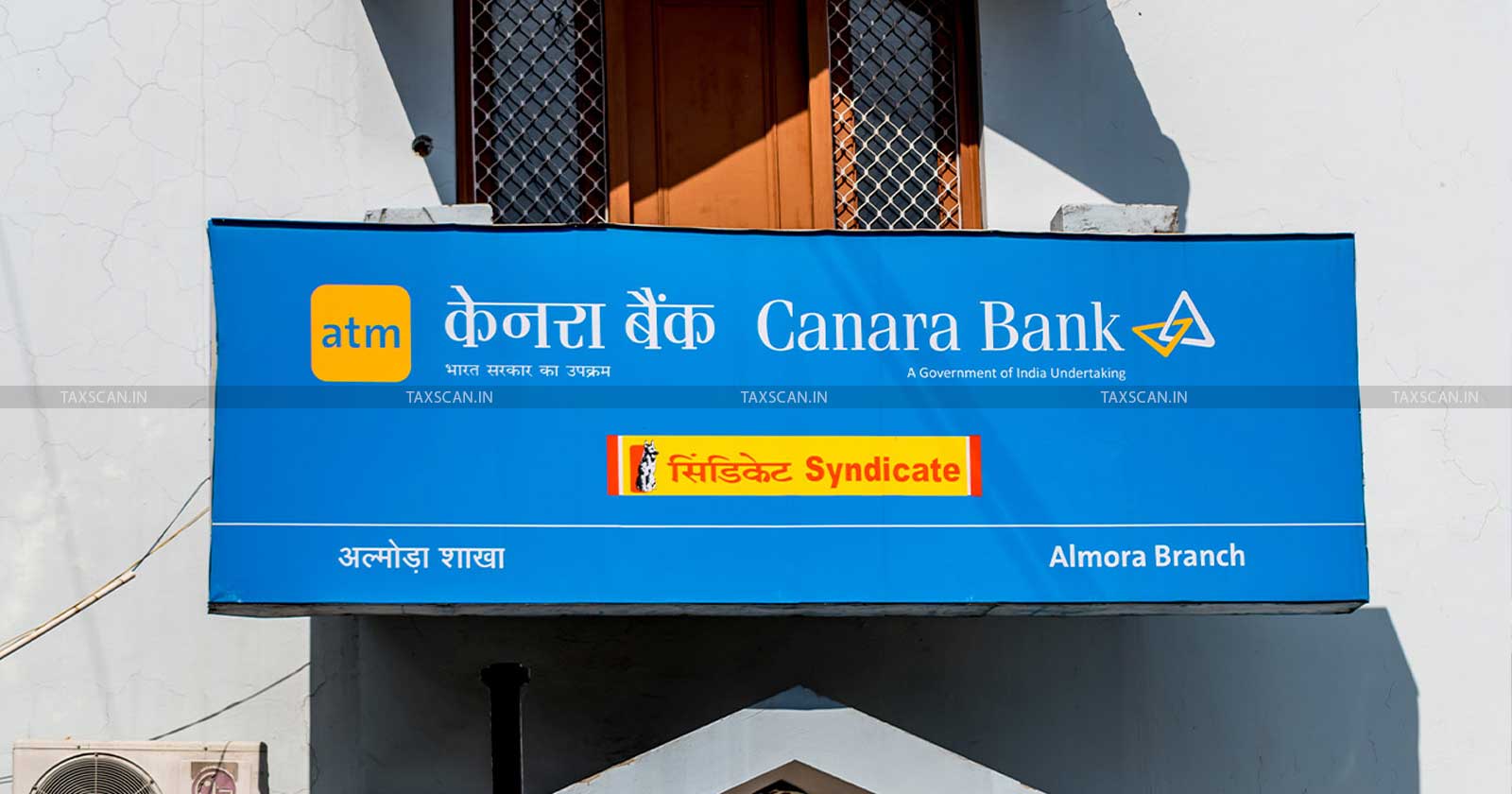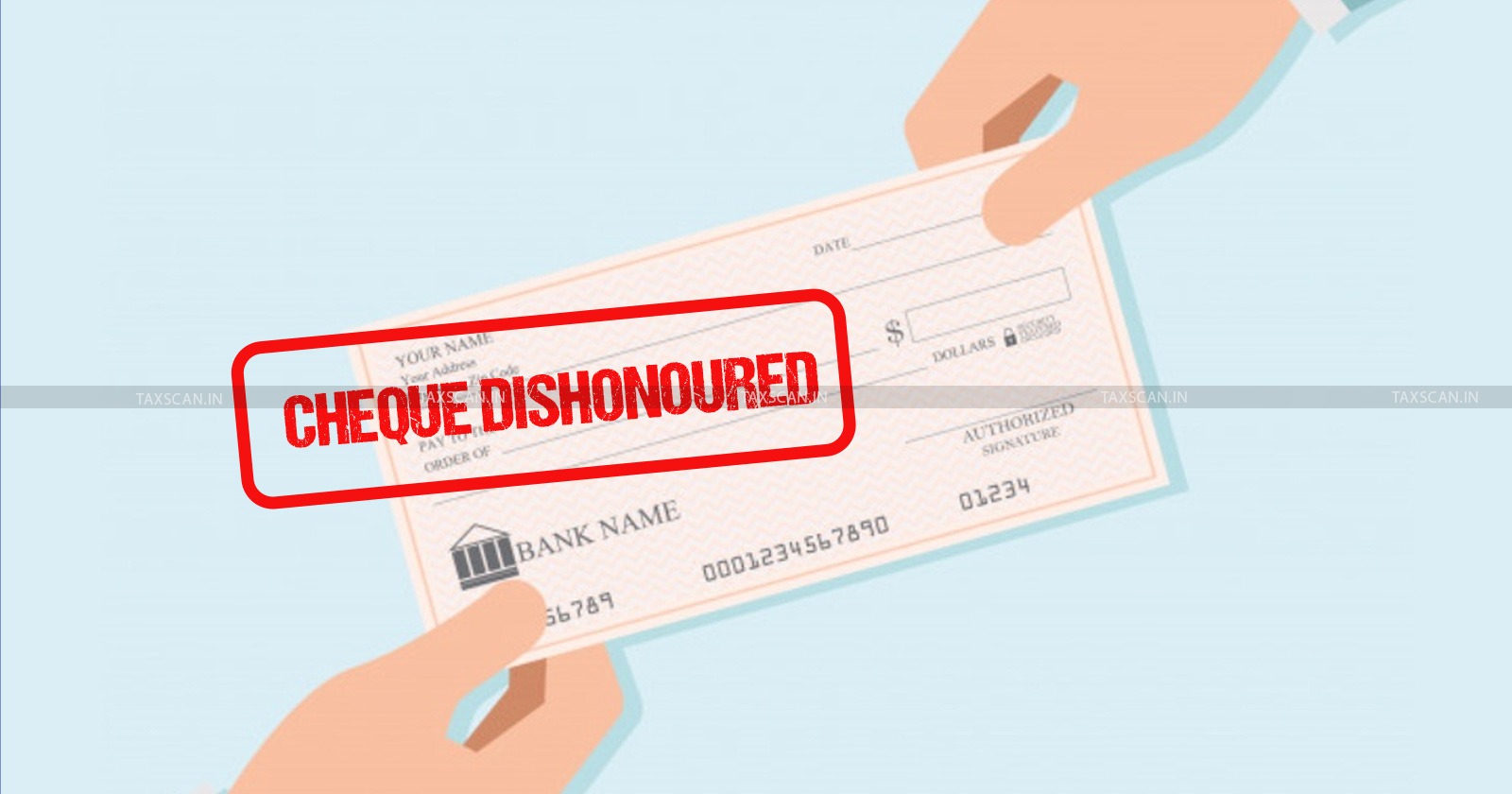Delay in Payment of Self-Assessment Tax If Subsequently Paid Not a Willful Attempt to Evade Tax u/s 276C(2) of Income Tax: Bombay HC [Read Order]
The Bombay High Court held that a delay in paying self-assessment tax, if later paid, does not constitute a willful attempt to evade tax under Section 276C(2) of the Income Tax Act.
![Delay in Payment of Self-Assessment Tax If Subsequently Paid Not a Willful Attempt to Evade Tax u/s 276C(2) of Income Tax: Bombay HC [Read Order] Delay in Payment of Self-Assessment Tax If Subsequently Paid Not a Willful Attempt to Evade Tax u/s 276C(2) of Income Tax: Bombay HC [Read Order]](https://images.taxscan.in/h-upload/2025/10/20/2098205-self-assessment-tax-taxscan.webp)
In a recent ruling, the Bombay High Court held that a delay in payment of self-assessment tax, if subsequently paid, does not amount to a willful attempt to evade tax under Section 276C(2) of the Income Tax Act, 1961.
Vilas Babanrao Kalokhe, the petitioner, filed a writ petition challenging the order of the Judicial Magistrate First Class, Pune, which had issued process against him for the alleged offence under Section 276C(2) of the Income Tax Act.
The Income Tax Department had accused him of not depositing the self-assessment tax while filing his return of income for the assessment year 2022-23 and claimed that the failure was willful.
 Also Read:Karnataka HC Rules Canara Bank’s SARFAESI Charge Prevails over Later GST Department Claim, Orders Removal of Encumbrance [Read Order]
Also Read:Karnataka HC Rules Canara Bank’s SARFAESI Charge Prevails over Later GST Department Claim, Orders Removal of Encumbrance [Read Order]
The petitioner’s counsel argued that there was no willful default, as the tax along with interest had been fully paid on 16 January 2023, though it was not paid on the original due date of 5 November 2022. It was submitted that the delay was due to financial difficulties and not with the intention to evade tax.
The department’s counsel argued that non-payment of tax along with the return itself was enough to attract prosecution under Section 276C(2) and that the petitioner had given priority to other business obligations instead of fulfilling his tax liability.
 Also Read:Directors Remain Criminally Liable for Dishonoured Cheques Despite Company Insolvency: Orissa HC [Read Order]
Also Read:Directors Remain Criminally Liable for Dishonoured Cheques Despite Company Insolvency: Orissa HC [Read Order]
The single-judge bench comprising Justice S. M. Modak observed that Section 276C(2) specifically deals with willful attempts to evade payment of tax, and the term “willful” requires a deliberate and intentional act.
The court explained that a mere delay in payment, later rectified by paying the tax with interest, cannot be treated as a willful evasion. It was pointed out that financial hardship could be a valid reason for delay, and unless the department proved that the reasons were false, prosecution could not be sustained.
The court observed that continuing the prosecution when the tax had already been paid would amount to an abuse of the process of law.
The court held that the ingredients of Section 276C(2) were not satisfied and that the complaint lacked sufficient material to show willful evasion. The order issuing process dated 5 December 2024 and the criminal complaint were quashed and set aside. The writ petition was allowed.
Support our journalism by subscribing to Taxscan premium. Follow us on Telegram for quick updates


